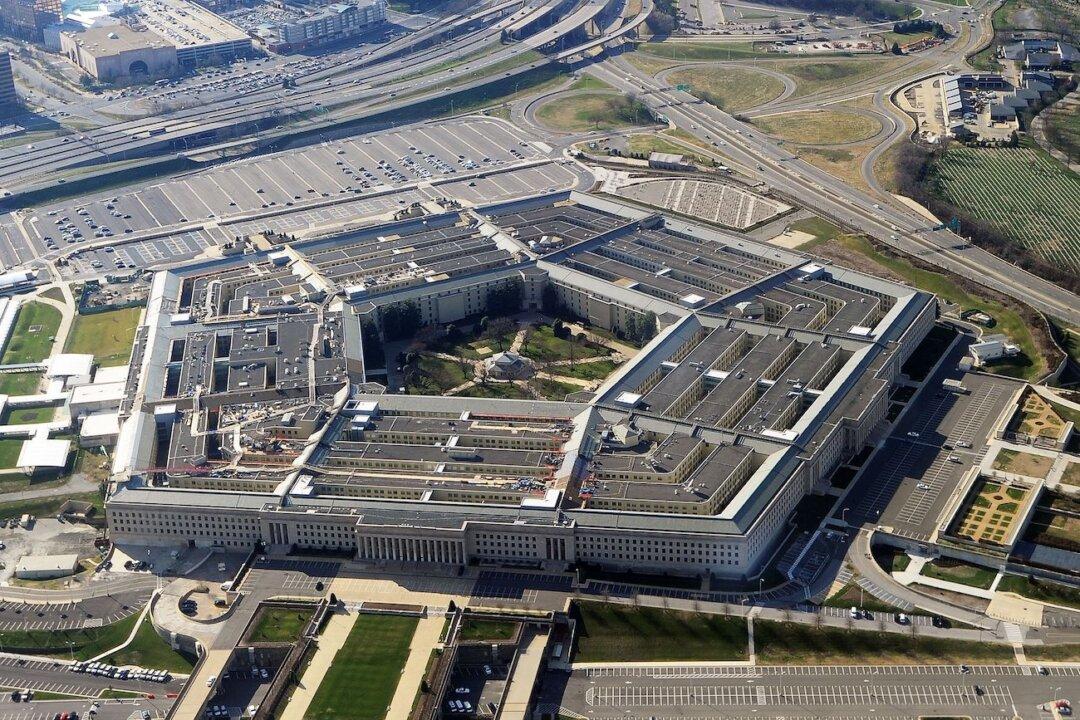Commentary
For decades, commercial airlines have relied on meticulously overhauled or repaired aircraft parts that meet the safety certification standards of the Federal Aviation Administration. These reused components, known as Used Serviceable Material (USM), are as reliable as factory-new equipment but far less expensive. The Pentagon stands to benefit from the airlines’ approach to keeping their planes in good repair and can save taxpayers’ money in the process.

